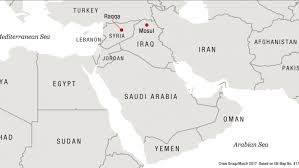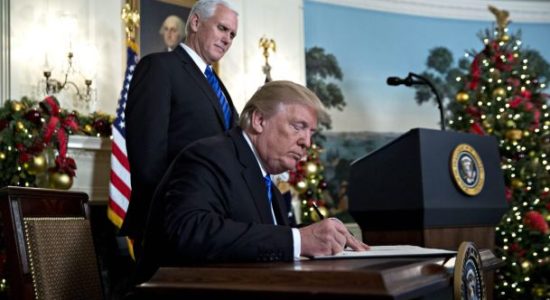Concrete steps for economic development
Recent weeks have seen growing numbers of protestors returning to the streets of Jordan. While the main message of the protestors is around economic hardship, we must also see the broader picture. Historically, specific political demands tend not…










